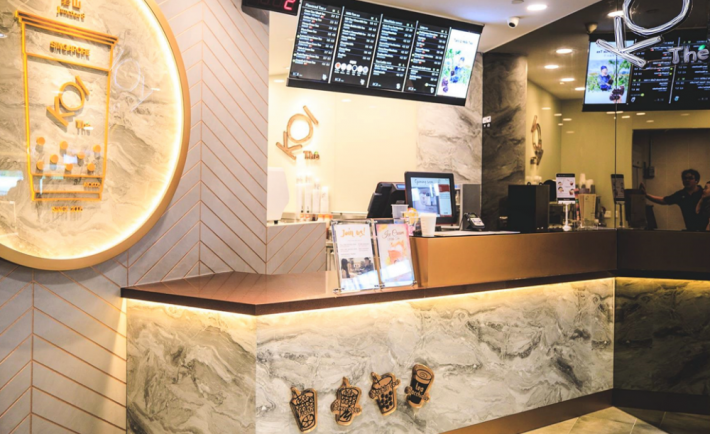You just got the call. Your job offer has been rescinded.
It’s a shocking and demoralizing experience, one that can leave you feeling like you’ve done something wrong or that there’s something amiss with you. But don’t worry, it’s not the end of the world.
In fact, there are a few things you can do to rebound from this experience and learn from it.
Stay positive
There’s no doubt that getting your job offer rescinded is a major letdown. But it’s good to stay positive and focus on the lessons you can learn from the experience.
For one, it may be a sign that the company isn’t a good fit for you. If the company is willing to rescind a job offer that easily, then chances are they probably won’t be very loyal to their employees down the road.
It’s also a sign that you need to be more selective in your job search. Don’t just settle for any job offer that comes your way—take the time to research the company and make sure it’s a good fit for you. Finally, remember that this experience doesn’t define you. It may be disappointing, but it’s not indicative of your worth as a person or as an employee.
Don’t burn bridges
The first thing you need to do is stay calm and don’t do anything impulsive. This is a time when it’s especially crucial to not burn bridges. You never know when you might need to reach out to the person who just rescinded your job offer.
Keep in mind that there could be any number of reasons why your job offer was retracted. Maybe the company had a change of heart, or maybe they realized that you weren’t the right fit for the position. But whatever the reason, try to stay upbeat and focus on your next efforts.
Consider the situation

Image Credits: unsplash.com
First, take a deep breath and try to stay calm. It’s natural to feel a range of emotions—shock, disappointment, even anger—but it’s necessary to consider the situation objectively and take the time to assess your next steps. Now is not the time to panic. There are a lot of things to think about, and the last thing you want to do is make a rash decision that you might later regret.
Don’t take it personally
When your job offer gets rescinded, it can feel like a personal attack. But the truth is, it’s not always about you. It could be about the company and what they need to be successful at this very moment.
Keep in mind that the decision to rescind a job offer is not made lightly. There are usually very good reasons behind it. So don’t take it personally and don’t internalize the rejection. There are plenty of other jobs out there, and chances are, you’re not a perfect fit for every company. Stay optimistic and remain focused on your goals.
Learn from the experience
Start by taking some time to reflect on what happened. What went wrong? What could you have done differently? Use this time to learn from your mistakes and grow as a professional.
Next, reach out to the hiring manager. Thank them for giving you the opportunity, and ask if they would be willing to provide feedback on why your application was not successful. This information can be invaluable as you continue your job search. Finally, don’t give up. The job market is tough, but that doesn’t mean you can’t find a great position.
When your job offer is rescinded, it can feel like everything is crashing down around you. But it’s crucial to remember that this doesn’t have to be the end of your dream job – or your career. It’s natural to feel upset, confused, and even furious when your job offer is revoked, but stay calm and focused. Reach out to your recruiter or hiring manager to find out more and properly close the chapter. Then start focusing on your resume and your job search. There are a lot of jobs out there, and we’re sure you’re going to find that ideal one for you.








